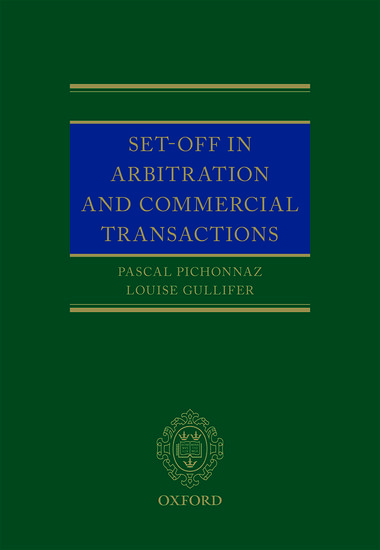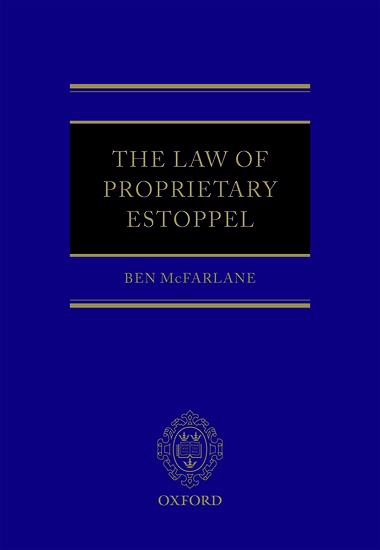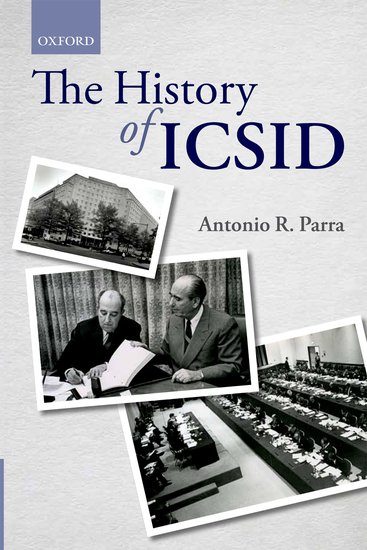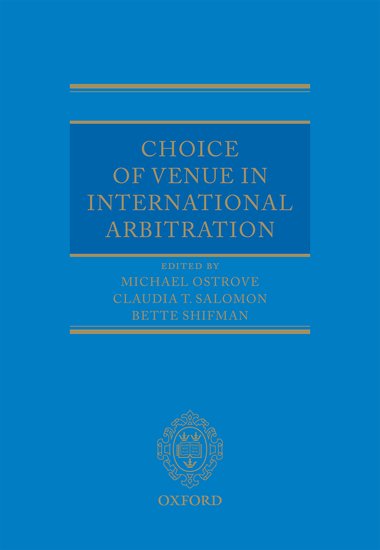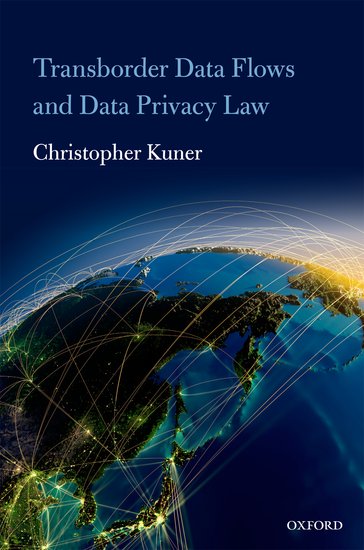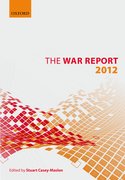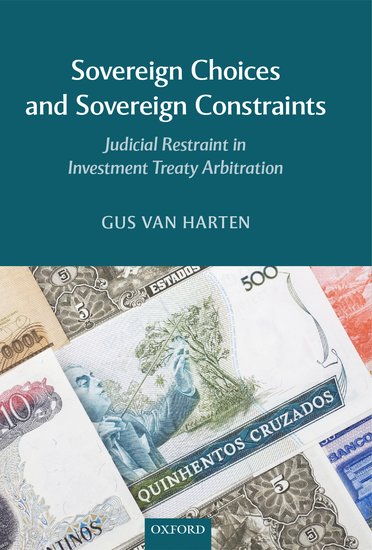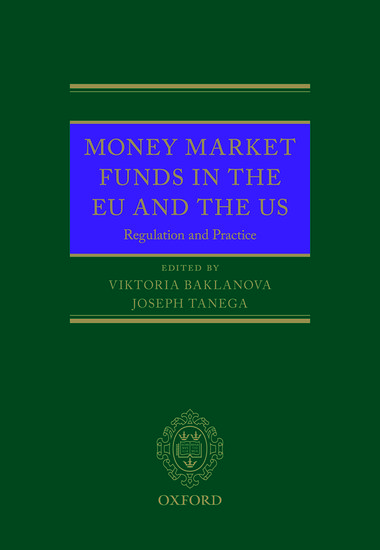Pascal Pichonnaz on set-off and commercial arbitration
What is set-off and how does it relate to commercial arbitration? We sat down with Pascal Pichonnaz, co-author of Set-Off in Arbitration and Commercial Transactions, to discuss the concept and talk about how this field of law is developing.

